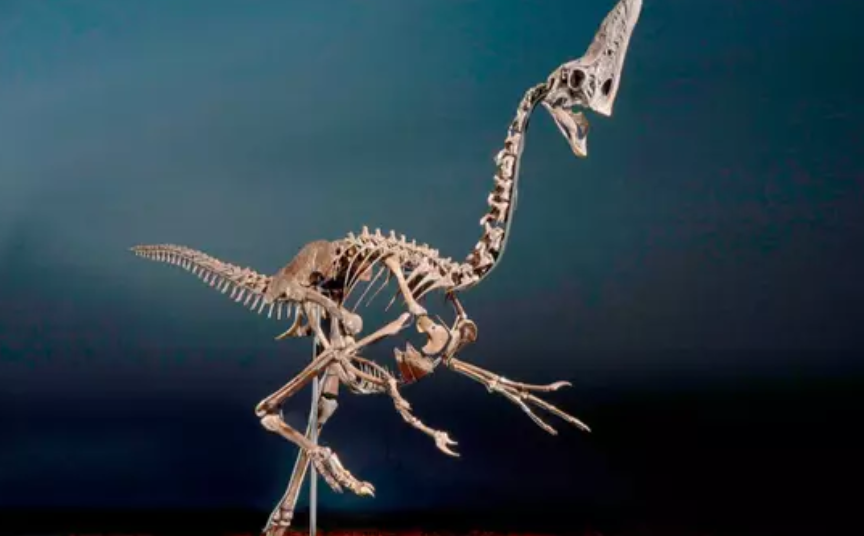How Are Dinosaur Farts Linked to Global Warming?

© Freepik
Did you know that dinosaur farts could have contributed to global warming millions of years ago? Yes, you read that right! It may sound like a strange concept, but recent scientific research has shed light on the surprising connection between prehistoric dinosaur farts and climate change.
So, what is the connection that you need to know about?
Dinosaur Farts Affect Climate Change
A new study suggests that dinosaurs may have contributed to warming ancient Earth through their natural gaseous emissions. Similar to modern ruminants, large plant-eating dinosaurs likely harbored gut microbes that produced significant amounts of methane. The latter is a potent greenhouse gas, which can potentially amplify the planet’s greenhouse effect.

Ruminant animals like cows, goats, sheep, giraffes, and others contribute significantly to global warming. They do so by releasing 50 to 100 million metric tons of methane annually. This accounts for a substantial portion of the 500 to 600 million metric tons of methane emitted each year. In addition, human activities are the primary source, as reported by the World Meteorological Organization.
How Is This Possible?
Cud-chewing animals possess large forestomachs filled with microbes that decompose tough plant material, producing methane as a primary byproduct. According to study co-author Dave Wilkinson from Liverpool John Moores University, methane can be expelled from either end of the animal, with cows primarily emitting it from the front.
Wilkinson noted uncertainty regarding how sauropods, the largest known dinosaurs weighing around 20 tons, expelled methane. He stated that there is no clear understanding of this process.
They Also Caused Huge Methane Sources
To estimate sauropods’ methane emissions, researchers hypothesized approximately ten sauropods per square kilometer of vegetated land. Their analysis suggests a sauropod could emit around 4.2 pounds (1.9 kilograms) of methane daily, compared to a U.S. cow’s average of 0.4 to 0.7 pounds (0.2 to 0.3 kilograms) per day.

The study suggests that when sauropods roamed, assuming approximately 29 million square miles of vegetated land, their global methane production could have reached 520 million metric tons annually. Wilkinson, the study’s author, expressed surprise at the magnitude of this estimate, which is detailed in the May 8 issue of the journal Current Biology.
Wilkinson mentioned: “Clearly there are large uncertainties attached to our estimates, but they suggest that the amount of methane given off by sauropods may have been approximately equal to all modern global methane sources, both natural and manmade.”
What do you think of this recent discovery of dinosaur farts?
You might also want to read: Other Planets May Have Real-Life “Jurassic World” Dinosaurs


